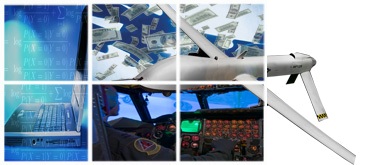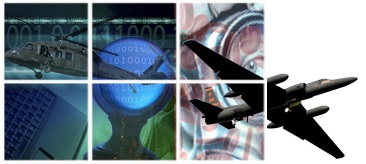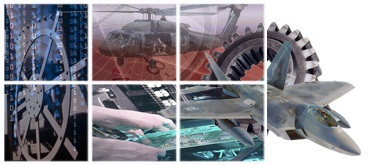KBSI defined a neutral format for capturing, organizing, and sharing process-related knowledge that is based on the Integrated Definition family of Methods and the eXtended Markup Language (XML). Using this standard, KBSI developed an advanced authoring tool-kit for situation-based, process-centric computer-based training systems.
Because processes are central to the operation of all aspects of an organization, most decision-making applications and implementation solutions deal with the capture, specification, representation, and manipulation of process-related information. This information may in turn be used to support business process re-engineering, workflow systems development, and a wide range of training needs. Since these application domains require the same process information, process knowledge capture for one application should easily support other purposes. Yet, sharing and reusing process knowledge across applications remains an unrealized vision. The need for standards to capture, represent, share, and display process-related information is particularly important in training applications. Process-centered training provides students with the most reliable approach for understanding, internalizing, and applying new concepts.





